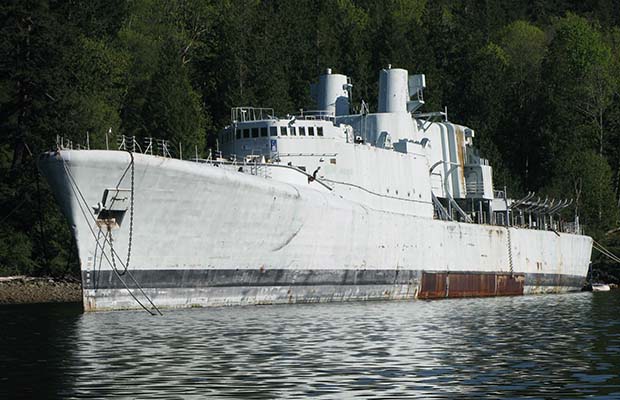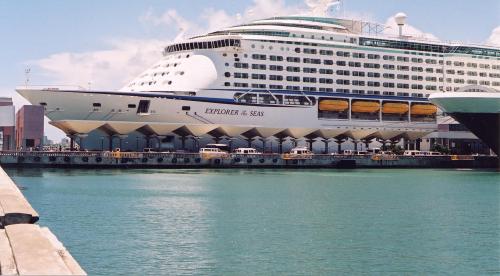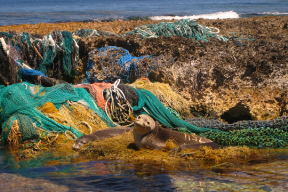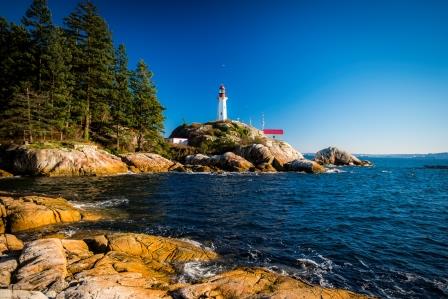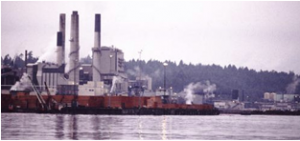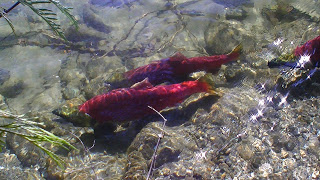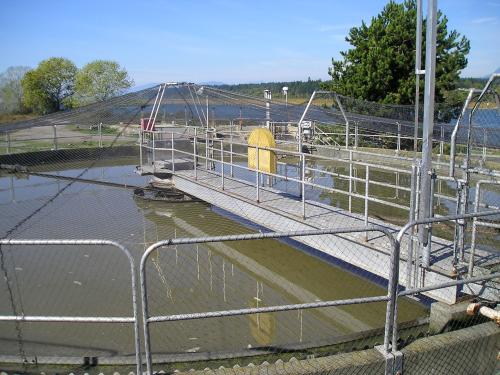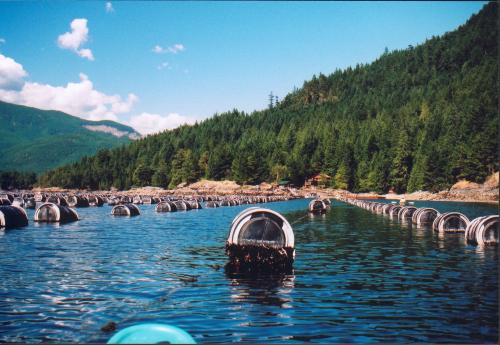Stresses on the Strait come in many forms – from pollution to our ability to keep marine traffic safe. Read below for more information on a variety of activities of concern.
Artificial Reefs
Recreational divers groups have promoted the sinking of derelict ships as artificial reefs at sites throughout Georgia Strait. On the surface, an artificial reef sounds like a good idea. So what's the problem?
Learn MoreCruise Ships
These floating cities bring with them all the pollution threats of any city - but without the needed regulation and monitoring.
Learn MoreGhost Gear
An estimated 640,000 tonnes of abandoned, lost or otherwise discarded fishing gear is deposited into our oceans globally each year, threatening marine wildlife, habitats and human livelihoods. Collectively, we can prevent ghost gear from entering the oceans, remove existing gear and find recycling solutions.
Learn MoreLighthouses
Lightkeepers provide a number of vital services to mariners and aviators that cannot be effectively duplicated by automated devices. The efforts to de-staff them is a risk to marine safety and the environment.
Learn MorePulp Mills
Pulp mills have come a long way in better managing their waste, but the failure to move to zero AOX a decade ago means they are still a source of pollution in our waters.
Learn MoreSalmon Aquaculture
Salmon farming, as it currently operates in open net cages in the ocean, has been shown to be devastating to the marine environment, particularly wild salmon. It's time to invest in sustainable options for aquaculture.
Learn MoreSewage
Without proper treatment, the human waste, toxic chemicals and heavy metals that are in sewage end up in the ocean, endangering the health of both humans and marine life.
Learn MoreShellfish farming
Shellfish farming is an important industry in some communities around our region. What questions do we need to ask to ensure that this farming can be sustainable?
Learn More
